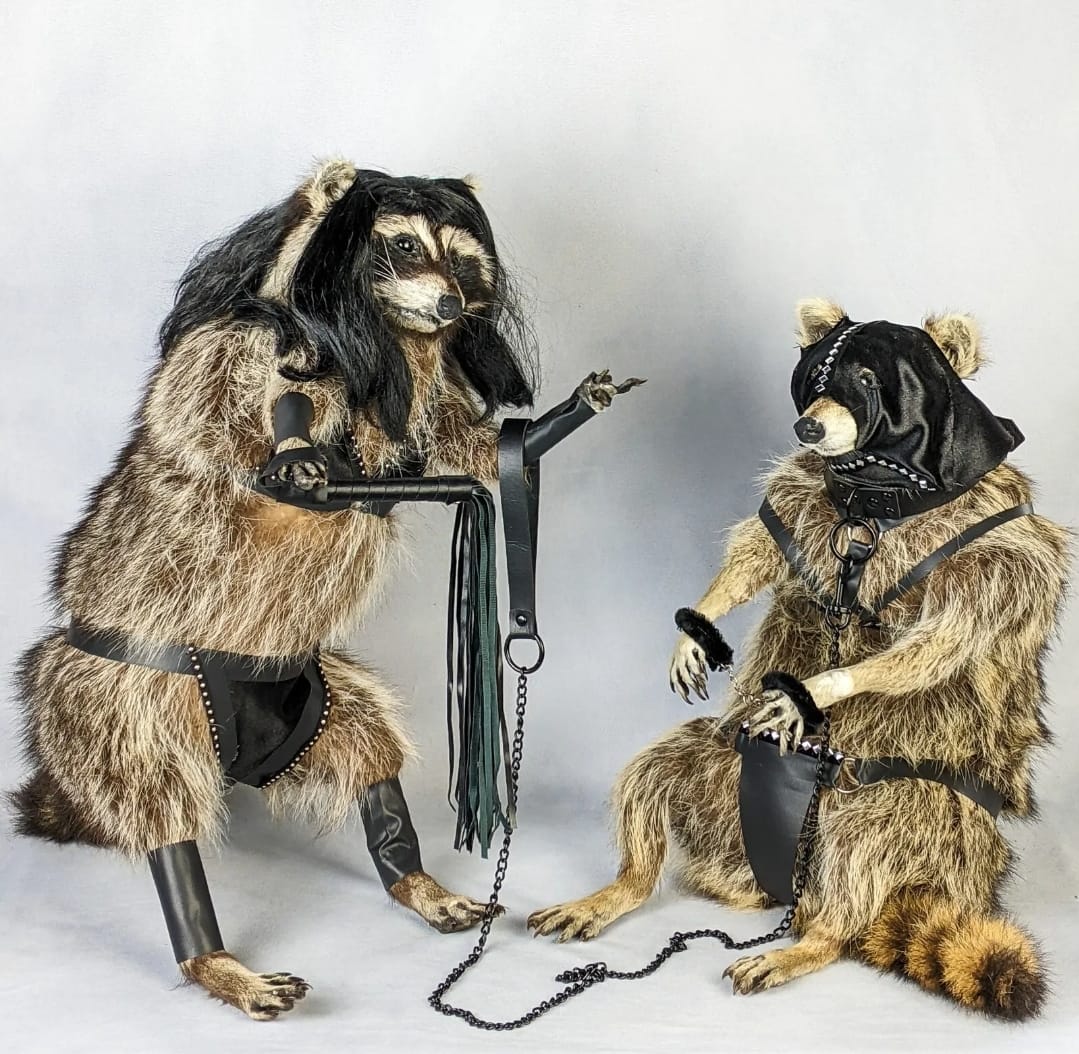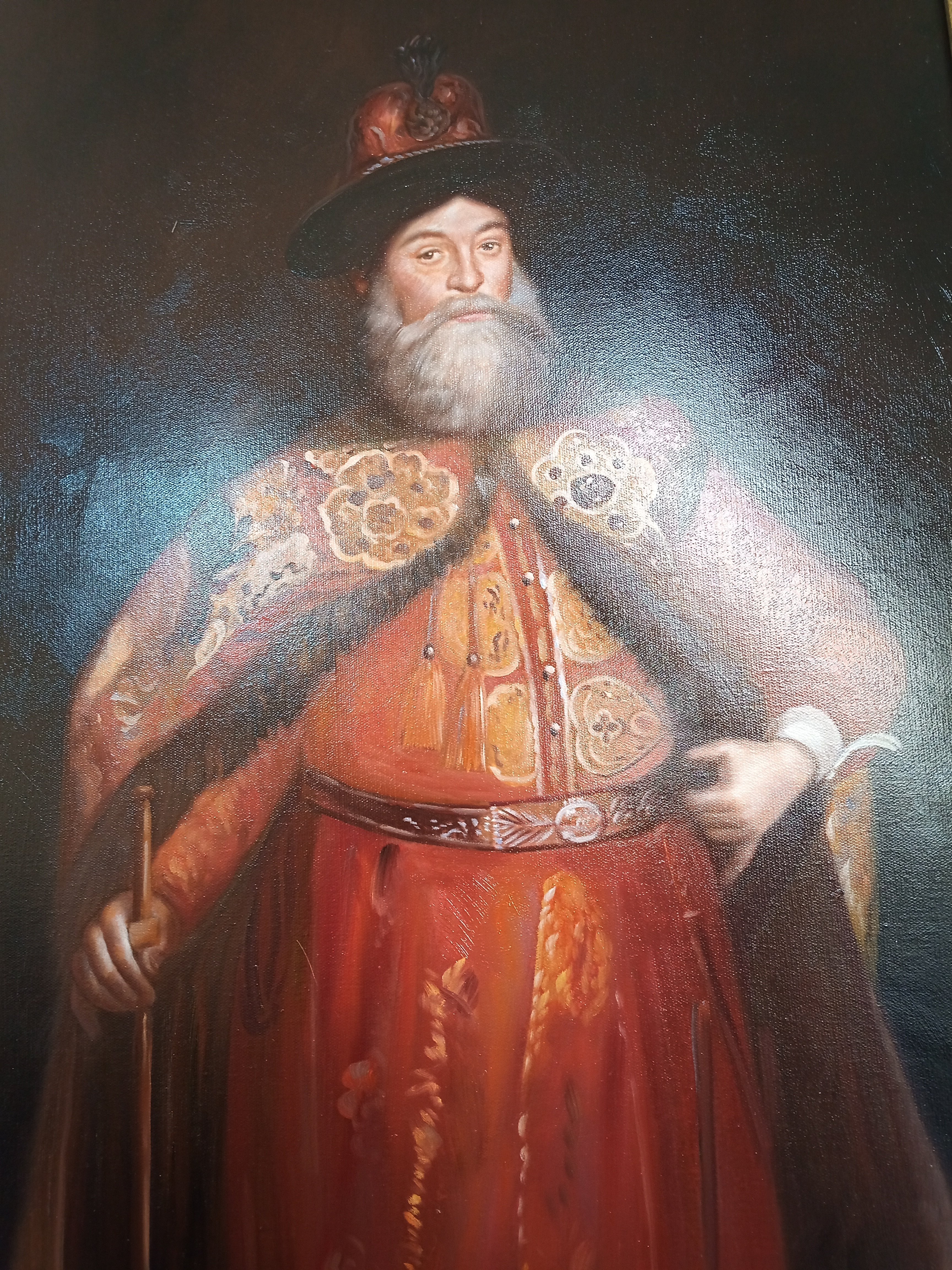And still I maintain that “alot” is not a word.
Frankly this wouldn’t be a problem if it weren’t for “another”
God i love alot
Mine, too! I hope Allie is doing well these days.
She made a reddit comment a couple months ago
I feel like that sort of misses the point. That really has to do with how we transcribe verbal speech into written. “A lot” is absolutely a phrase, I don’t imagine you’d disagree with that.
I think spellings and punctuation are still valid. Mostly. Ignore variations between English and Americanese.
In not the Americans’ fault that the English decided to butcher their own language after the US kicked them out
England and all its former colonies (except the American ones) agree on the language, and the only odd one out - the United States feels it is unique among former colonies and its parent nation as the sole owner of the most correct version of English.
Seems likely /s
The spelling differences are actually mostly due to Noah Webster standarsing what he saw as pure Anglo-Saxon English without corruption by French princelings.
Hah, that makes sense.
I’ve noticed a tendency of people to combine words that are frequently seen together: “alot”, “aswell”, “noone”, etc.
Some of these catch on, like “nevertheless” and “whatsoever”. Maybe eventually “alot” and “noone” will become standard English, too.
Ampersand is another good example. “&” was considered the last letter of the alphabet for a while. Schoolchildren would recite the alphabet and finish it with the phrase “and, per se and” (“and, meaning and”).
The words got mashed together over time and the word “ampersand” was born.
I recall “noone” being taught as acceptable by my english teacher back in 2004. That being said, she’s also said some things that ended up being very wrong
Whenever someone says “Noone wanted this” I always picture a big Irishman who has a deep appreciation for stuff Internet people are against.
Apart/a part is another one.
“Apart” and “a part” are opposites, though. If you’re a part of something, you can’t be apart from it.
Yes, and increasing number of people are using the former to mean latter.
The way alot, aswell and noone are combining is expected given how many other words we don’t bat an eye at went the same way. “another” is the perfect example, it’s just “an other” combined.
It’s sort of the reverse of what happened to words like apron and newt.
The division and bracketing of phrases changes over time.
“An apron” is the modern usage of the word “napron”, and a newt was originally called an eute. The grammatical need for “a” and/or “an” resulted in the root word being rebracketed and changed.
I always imagine Peter Noone of Herman’s Hermits whenever someone does that.
“Noone thinks I have a lovely daughter.” Yes, Mrs. Brown. Noone does.
it’s all just made up. you can see old writings without spacing. or punctuation. you can’t even define what’s really a word universally. people just decided what’s what and standardized it at one point just for some consistency. that doesn’t mean things won’t change; they most definitely will.
I thought you couldn’t be snob and captain obvious at the same time, but here we are.
On the other hand, with your degree in linguistics are you granted a special permission to use random capitals?
“refrigerate” at least has sensible etymological roots in its constituent components.
The problem with brain rot lingo is that it isn’t constructed from precedent but a decay therefrom, corrupted by niche “meta” references that are little more than inside jokes that escaped their in-group, divorced of the context that brought them about.
…
Then again, though, the most popular word that humans speak all over the world is “OK”, which is itself a memetic corruption of a fad, wherein people were saying “All Correct” with a deliberately exaggerated fake British accent: “Oll Korrect” (which became abbreviated).
And brain rot does have the fact that it’s very funny going for it. It sounds silly which makes it fun to say and it pisses people off which makes it even funnier, because getting mad about it is a drastic overreaction. So I don’t think it’ll even really BECOME an actual serious problem, because the moment it hits mainstream and corporations start publishing commercials about “skibidi Ohio GYATT” it’s going to implode like “it’s morbin time” burned Sony.
Otherwise, constructing new words out of extant etymological particles is DELIGHTFULLY useful. In Minecraft, I built an Enfenestrator:
A window through which zombies throw themselves into a catchment chamber for culling and (when zombified villagers are isolated) curing.A newer word (than fridge) is “selfie”. Nothing wrong with that one.
“Divorced from the context that brought them about” Ahh, so you’re complaining about all the Germanic words in English, or the Latin words? The whole point of their diatribe is that the “brain rot” words you hate are little different from most words. It’s just that for some words the “in group” is Latin speakers, and for some words it’s some group nerding out about their own topic that spread their word to the rest of us… actually, I’m still talking about Latin speakers.
I think the words “pious cunt “ has been with us for quite sometime.
Except if you’re talking about Turkish, TDK dictates what words are real, how they’re written, what they mean and other grammar and writing rules.
I think the French have something similar, but that’s the state imposing hard lines on fluid cultural stuff
Do they monitor your private messages and fine you for typos or do they just codify the language which is taught in schools and used by the authorities? If it’s anything like German language regulation then it’s the latter and the way people actually talk and write slowly is adapted by the language regulations.
Literal grammar police? What are the consequences for breaking word laws?
Someone links to the TDK website to prove you wrong :p
It’s most relevant to most people in university entrance exams where they ask you edge cases sometimes, but otherwise just annoying that it exists

Die Schläge werden so lange fortgesetzt, bis sich die Moral verbessert.
Several languages have this. Spanish has the Real Academia Española (RAE) and French has something similar.
But they’re not generally in much of a different position than a dictionary is. If the people start using the language in new ways they have little recourse other than to accept it and amend their rules. If they refuse they’ll look antiquated and people start to question their influence.
They certainly do have influence of course, but the ultimate authority is the people who speak the language in the end.
Nucular. Checkmate, atheists.
Some people think god is an English teacher and his cock is a huge red pen.
I’ve always been a big advocate of the idea that the only part of communication that matters is communication. If people understand you then congrats you’ve successfully languaged
What if people understand you, but they think you’re stupid?
That’s their problem. I always assume the stupid people are the ones that are so inflexible and uncreative, that they don’t understand that language is entirely an amorphous flexible human creation.
Congratulations! You did the best you could…
The flip side of that is that if the words you’re using are wutdownrerary, you should be told to stop using those words because by using them you make communication harder.
Does “glizzy” (e.g. hotdog) fit under this classification?
glizzy
I’ve never heard that term, and wouldn’t know what it meant.
I love militant descriptivists
Descriptivists will never haltodulate the hatsrglabatude of us prescriptivists.
Yeah, yeah, but where’s the fun in that? Trolling the shit out of people is way too much fun to not be pedantic.
You know what my biggest problem with descriptivists is? What is “correct” always coincides exactly to what they learned in school or university from 15 - 20. It’s never anything else. Never in like 20.000 years of human history did we nail language except for that timeframe, and never will it happen again. what a coinkidink.
Prescriptivists you mean. Descriptivists describe language phenomena as they are without passing judgment on their validity whereas prescriptivists have certain assumptions on what constitutes parts of the language to be valid and prescribe meaning to them
there’s a joke here about me rejecting the notion of what prescriptivist and descriptivist mean
but yes, thanks, got some wires crossed there
My comment was more so meant to prove to myself that I didn’t mix anything up and still remember the definitions lol
i think we need more prescriptivists who insist we should all speak toki pona and write in chinese
I’d respect that a lot more on the basis of you have to have argued yourself into that one in some way that isn’t being subservient to your elementary school teachers authority at 45
A Elbereth Gilthoniel,
silivren penna míriel
o mendel aglar elenath!
Na-chaered palan-díriel
o galadhremmin ennorath,
Fanuilos, le linnathon
nef aear, sí nef aearon!
This text is a poem in Sindarin, one of the languages created by J.R.R. Tolkien for his Middle-earth legendarium. It is a hymn to Varda (Elbereth), a revered figure among the Elves. Here’s a translation and analysis:
Translation:
A Elbereth Gilthoniel, (Oh Elbereth Star-kindler,)
silivren penna míriel (white-glittering, slanting down sparkling like jewels)
o menel aglar elenath! (from heaven the glory of the star-host!)
Na-chaered palan-díriel (To-remote distance far-having gazed)
o galadhremmin ennorath, (from tree-woven Middle-earth,)
Fanuilos, le linnathon (Fanuilos [Ever-white], to thee I will chant)
nef aear, sí nef aearon! (on this side of the ocean, here on this side of the Great Ocean!)
Analysis:
Elbereth Gilthoniel: Elbereth is another name for Varda, the Queen of the Stars, one of the Valar. Gilthoniel means "Star-kindler." silivren penna míriel: Describes the shining and glittering quality of the stars. o menel aglar elenath: Refers to the glory of the star-host (elenath) in the heavens (menel). Na-chaered palan-díriel: Indicates gazing into the remote distance. o galadhremmin ennorath: Mentions Middle-earth (Ennorath) being tree-woven. Fanuilos, le linnathon: Pledges to sing to Fanuilos (another name for Elbereth) forever. nef aear, sí nef aearon: A vow made on this side of the ocean (referring to the Great Ocean that separates Middle-earth from the Undying Lands).The poem reflects the deep reverence and love the Elves have for Elbereth, highlighting her connection to the stars and the distant heavens.
Ok ChatGPT.
My ex-wife was a word snob. I wish I’d seen this when I was married to her.
“That’s not a word” only applies to scrabble and boggle. Fuck any other context.
And Wordle














